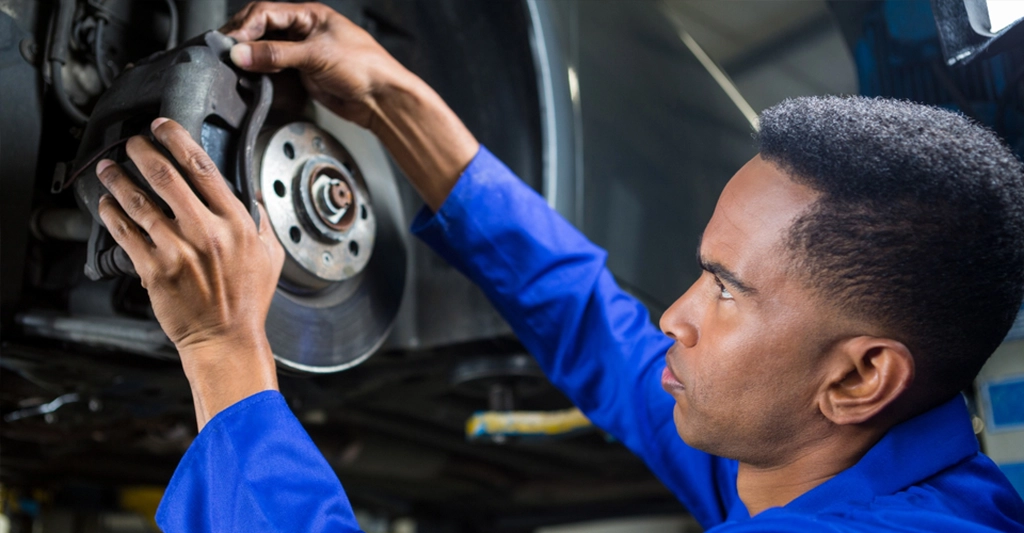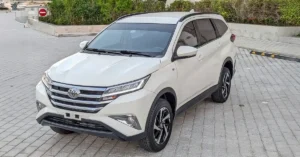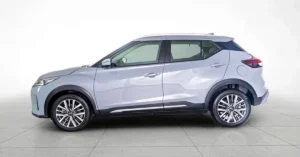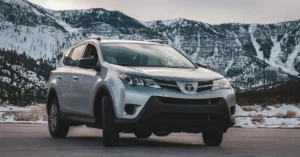Ever felt vibrations when you brake or heard squealing sounds coming from your wheels? You might assume it’s your brake pads calliper and you might be right calliper but your brake rotors could be the real issue.
When your rotors start to wear or get damaged, you’re often left with two choices: resurface them or replace them entirely. But how do you know which one is the right move?
Let’s break it down with real-world insights to help you make the smart (and safe) call.
Common Signs Your Brake Rotors Need Attention
Your rotors are tough, but they’re not invincible. Over time, they can become warped, grooved, cracked, or corroded. Here are the most common warning signs:
- Squealing or grinding noises when braking
- Vibration or pulsation in the brake pedal or steering wheel
- Deep grooves or score marks on the rotor surface
- Bluish discoloration or heat spots caused by overheating
- Hairline cracks near the edges of the rotor
- Uneven braking performance or pulling to one side
- Rust buildup, especially on unused vehicles or in coastal climates
If you notice any of these symptoms, it’s time for a closer look.
When Should You Resurface Brake Rotors
Resurfacing, also called turning or machining, removes a thin layer from the rotor’s surface to restore flatness and smoothness. It can be a cost-effective fix if the rotor still has enough thickness and integrity left.
You can usually resurface your rotors if:
- There’s at least 1.3 mm (or 0.050”) more thickness than the discard limit
- Grooves and scoring are shallow and not too severe
- There are no warping, heavy corrosion, or blue heat spots
- You’re not experiencing serious braking vibrations
Resurfacing is great for minor wear or after replacing brake pads to ensure an even mating surface.
When Should You Replace Your Brake Rotors
Sometimes resurfacing just won’t cut it. If your rotors are too far gone, replacing them is the safer and smarter route.
Replace your rotors if you notice:
- Cracks, especially on the outer edges
- Warping that causes steering wheel shimmy
- Extensive rust or pitting that affects heat dissipation
- Overheating signs like blue spots or discoloration
- Rotor thickness is at or below the discard limit
- You’ve resurfaced them once already and they’re still causing problems
If a rotor had to be hammered off the hub or shows signs of uneven pressure, it could be deformed calliper better to replace it.
Resurface vs Replace: What to Consider
Cost: Resurfacing is cheaper, especially for luxury models. Replacement costs more.
Eco-Friendliness: Resurfacing creates less waste. Replacement adds to landfills.
Time: Resurfacing takes 30 to 60 minutes. Replacing is faster if parts are ready.
Effectiveness: Resurfacing may not fix severe issues. Replacement resolves damage.
Lifespan: Resurfaced rotors have a shorter life. New rotors last longer.
Pro Tips for Rotor Maintenance
- Always check rotor thickness with a micrometre before deciding
- Match new brake pads with either resurfaced or new rotors calliper don’t mix old rotors with fresh pads if the surface is uneven
- Flush your brake fluid every 2 years to prevent internal corrosion
- Use high-quality pads and callipers to avoid premature rotor wear
- Torque your lug nuts correctly calliper uneven torque can warp rotors
Need Help Deciding?
If you’re not 100% confident about whether to replace or resurface, it’s okay to call in a pro. A qualified mechanic can measure rotor thickness, check for hidden damage, and help you avoid wasting money on unnecessary parts.
And remember calliper brakes are one area where it’s worth doing it right the first time.
Bottom Line
Resurface your rotors when the wear is light and the thickness is well above the discard limit.
Replace them when there’s cracking, warping, or deep damage calliper or if you’re unsure, err on the side of safety.
Your car’s stopping power depends on your braking system working in harmony. So next time your ride starts to shimmy or squeal, give those rotors a good look. A smart decision today could save you money calliper and a whole lot more calliper down the road.
Get Expert Brake Service with MotorHub
Whether you need a rotor resurface, full brake job, or just a diagnostic inspection, MotorHub connects you with trusted local garages that get it right the first time. No guesswork. No upsells. Just honest car care.
Book your brake inspection now at MotorHub – Your safety starts with a proper stop.



